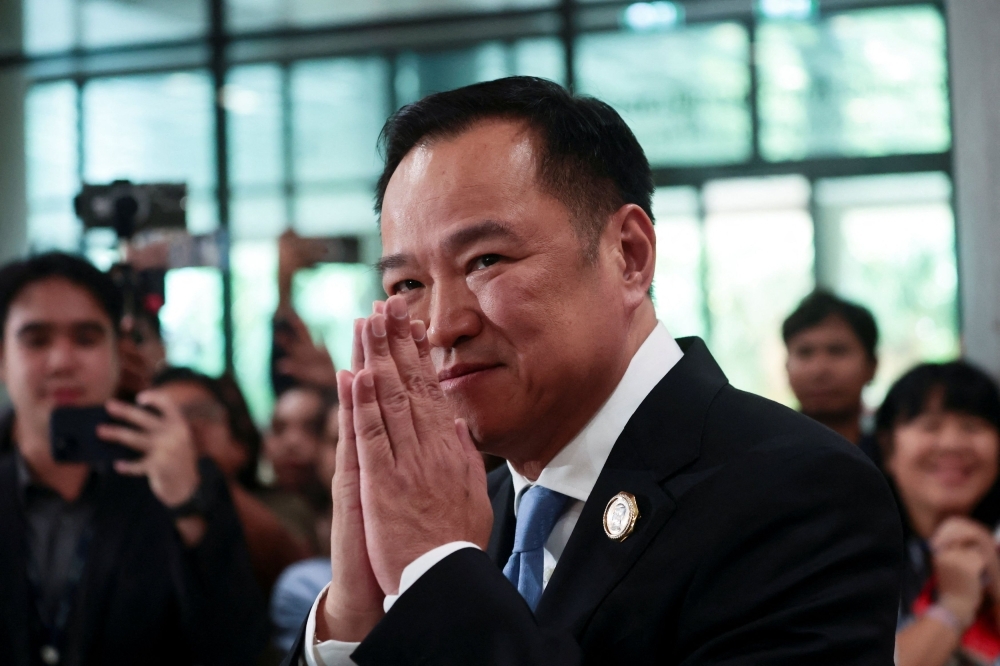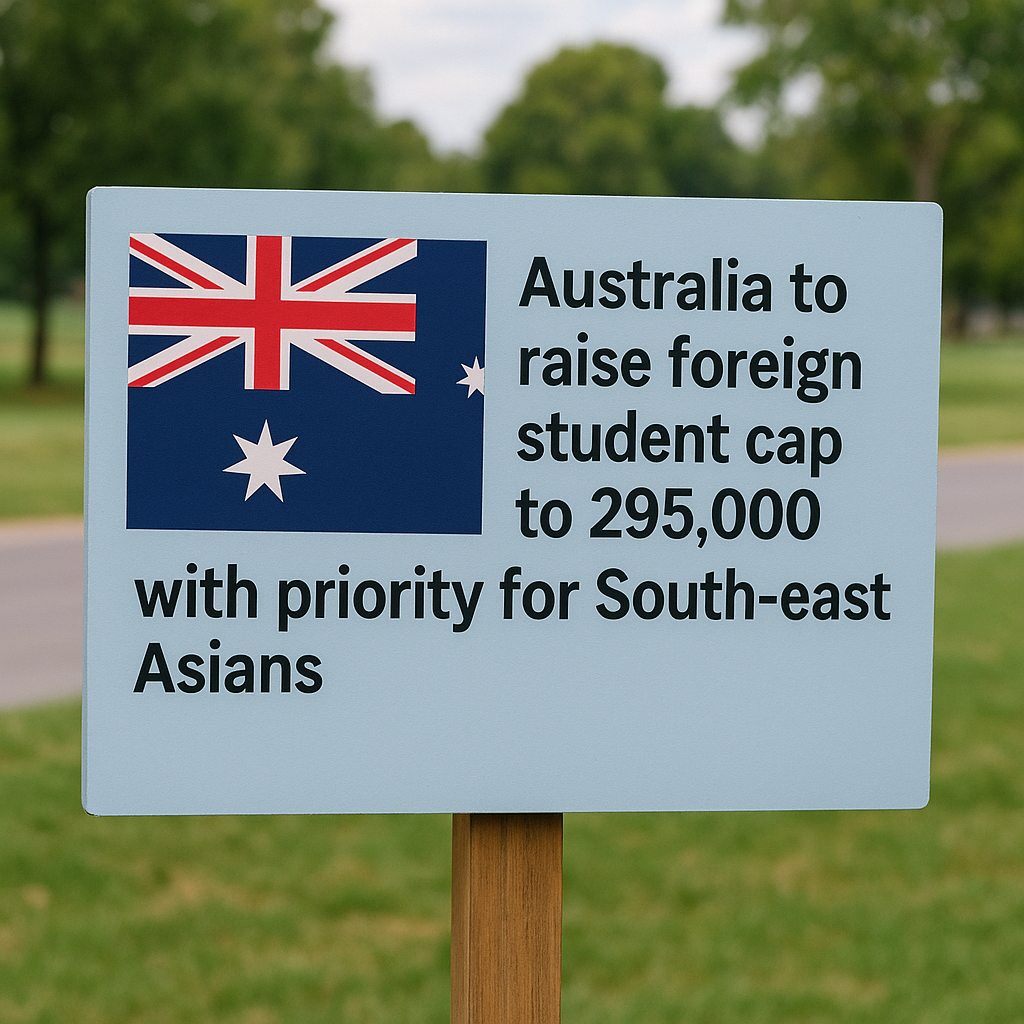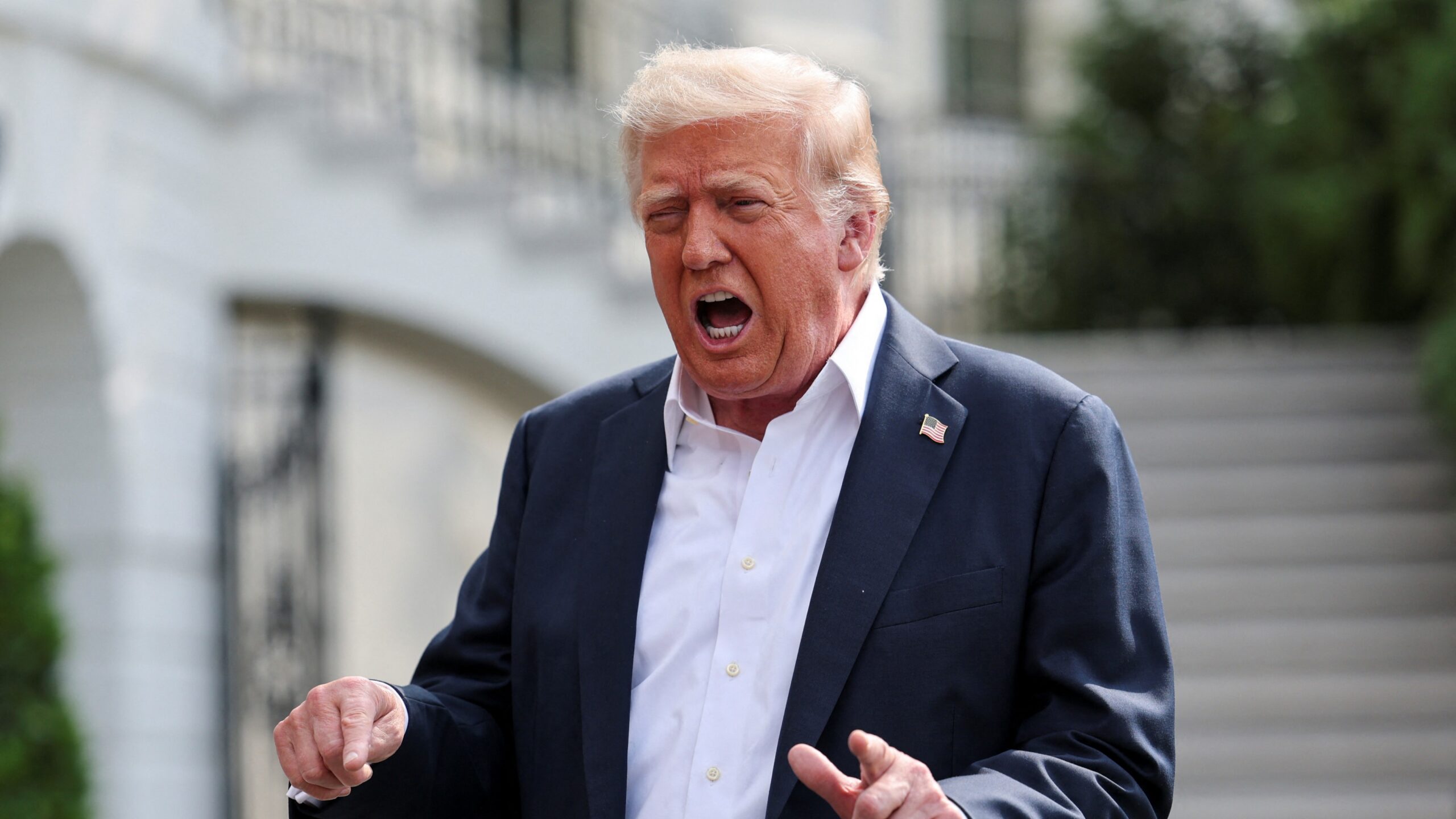BANGKOK, Sept 5 — Thailand’s political landscape has taken yet another dramatic turn. This time, it’s a familiar face stepping into the spotlight — one that’s been shaping the country’s health and cannabis policy for years. Anutin Charnvirakul, the former health minister and longtime political strategist, has officially been elected as Thailand’s next prime minister.
But Anutin’s journey to the top wasn’t paved overnight. It’s a story of resilience, adaptability, and deep-rooted political savvy.
Just hours after a leaked phone call in June hinted at the unraveling of then-PM Paetongtarn Shinawatra’s leadership, Anutin sprang into action. With quiet precision, he exited the ruling coalition, tested the waters with opposition leaders, and waited. That patience paid off. One week after Paetongtarn’s dismissal, parliament voted overwhelmingly in favor of Anutin.
Now 58, Anutin has spent decades maneuvering through Thailand’s unpredictable political terrain. His early roots trace back to the Thai Rak Thai party founded by Thaksin Shinawatra. But it’s through the Bhumjaithai Party, which he now leads, that Anutin has made his most significant mark.
From championing cannabis legalisation in 2022 to managing public health during the pandemic, Anutin isn’t just a backroom politician — he’s a visible, impactful leader. “I am younger, more fresh and I understand politics in a democratic system,” he told Reuters last year, revealing his bold ambition for the top office.
Though his party secured only 70 of the 500 parliamentary seats in the last election, Anutin played the long game. He blocked the rise of the progressive Move Forward party, strategically aligned with Pheu Thai, and kept his influence intact through coalition-building.
According to experts, Anutin bridges two powerful — and often opposing — forces in Thai politics: the traditional royalist establishment and populist rural movements. “He is a pragmatic politician,” says Napon Jatusripitak of Singapore’s ISEAS-Yusof Ishak Institute. “He has positioned his party as the most credible guardian of conservative interest in Thailand.”
Born into privilege, Anutin studied in the U.S. and led the family business, Sino-Thai, before entering politics in the early 2000s. He took on his first cabinet role in 2004 under Thaksin. Though he faced a political ban in 2007, he re-emerged in 2012, stronger and more determined.
Bhumjaithai, his political vehicle, has become a permanent fixture in Thai governments, often managing influential ministries and mobilizing grassroots support across rural provinces.
Ironically, Anutin now owes some of his political stability to the People’s Party, the evolution of the very progressive forces he once blocked. They are now providing external support to his coalition — a sign of political maturity and compromise in turbulent times.
Anutin isn’t just about politics and power. He’s known for his love of Buddhist amulets and flying planes, sometimes volunteering for emergency organ transport missions.
But as he takes the reins of a country facing economic slowdowns, regional tensions with Cambodia, and looming internal instability, Anutin’s real test begins now.
Will he remain the calm pilot navigating Thailand through the storm? Or will the turbulence ahead demand a new flight plan altogether?




